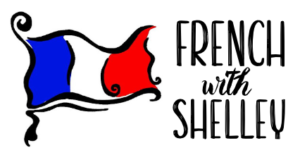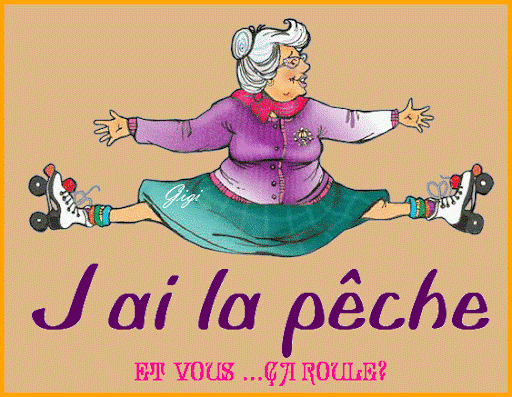sadfrog le 9 février 2024
Nous avons un panier de basket dans le jardin et depuis quelques jours nous avons un ballon. En principe, moi et mon neveu, nous devons tirer quelques paniers tous les jours à 9 heures, juste pour rester en forme. Malgré mon épaule fichue, j’arrive à rentrer le ballon presqu’autant de fois que lui. Ça l’énerve un peu. Le problème c’est que moi, j’ai la pêche le matin, et lui, absolument pas.
PECHE is one of those words whose meaning changes with the stroke of an accent or a grammatical form.
«Une pêche» (a peach) grows on « le pêcher » (the peach tree) but a person who wants to «pêcher la truite» ( fish trout) will go « à la pêche » (fishing).
The expression « j’ai la pêche » is used if a person is “on form, fired up and full of get-up-and-go”.
Pêche with a circumflex (ê) is not to be confused with PECHE with an acute accent (é).
« Pécher » means to sin and you can « pécher par excès de modestie » (be modest to a fault).
« Le péché originel» is of course original sin and « mon péché mignon» (my weakness or cute little sin) is chocolate.
So what is the lady above doing ?
- demonstrating the length of the fish she’s just caught
- demonstrating she is a very modest person
- demonstrating how fit and energetic she is
- indicating that sinners are welcome ?
(Just something left from the old website)



